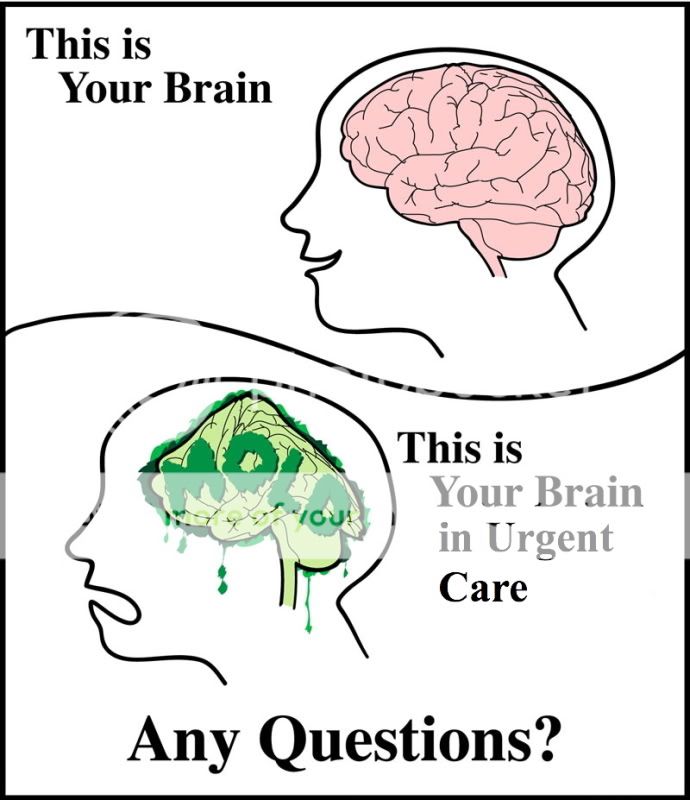I didn't say that YOU would make a good family doc....
Honestly, if you lack twelve months of clinical training.... what is so magical about going ahead and getting that 12 months of training. Why would someone think they wouldn't be qualified and/or competent to practice if they had completed the training? I will admit that given the "longitudinal" aspect to FM training, it seems without an integrated program, it would be hard to do a 1yr fellowship for an ED physician to FM. But, ER is not longitudinal in the same manner and so it may be easier to fellowship an FM into ER.
Ok, I don't think
anyone would be a competent FM doc after a 12 month fellowship. Honestly, if I were an FM attending I would be offended that someone with no training in FM could somehow be good at it with just 1 year of fellowship.
What is it that you get in an EM residency that is so magical? Maybe I missed something in residency. My job is difficult, and it does require a significant amount of knowledge and skill. However, there was not a single aspect of residency that pulled it all together. I get your earlier point about speciality specific training, and that exists in an FM residency. But, there is nothing so specific that it couldn't be pulled together in an additional year after EM (and vice versa).
I think this is the point that enable integrated dual boarding programs, i.e. med-pedes. I guess making it an integrated program as opposed to an add-on year can assure some quality assurance... But, if all that you lack is a dedicated year of ER training and your core training before meets or exceeds the other training requirements....? This really shouldn't be such a turf war, IMHO. It doesn't belittle either field. To argue to the contrary and/or against may on the otherhand belittle each field and adversely impact credibility.
Simply put, in 3 years of FM, you get 3 years of FM lectures. Things like which second line agent to start with diabetics. What A1c to go for. Pap smear training. Immunization schedules. Hypertension management. Outpatient and Inpatient management of various and sundry chronic conditions. EM gets absolutely none of that.
You also get things like central lines, pressors and the like, but it is a small amount. This is the overlap.
EM gives you three years of EM lectures. Rabies vaccinations. Toxicology. Ultrasound use (for most programs now). EGDT for sepsis is hammered into you. There are plenty of other things.
Yes, you can "look up what you don't know", but with that logic, I could do a whipple procedure if I looked it up.
Most FM programs don't have their residents in the ED for 12 months. In fact, I haven't seen any that give their residents more than 3 months in the ED. Most EM programs have their residents in the ED for more than 24 months (on the interview trail, you hear a lot of "you learn emergency medicine in the emergency department"). Not only is lecture important, actually doing it is important. Which is why the RRC has requirements to be "competent".
Adult medical resuscitation:45
Adult trauma resuscitation 35
ED Bedside ultrasound 40
Cardiac pacing 6
Central venous access 20
Chest tubes 10
Procedural sedation 15
Cricothyrotomy 3
Disclocation reduction 10
Intubations 35
Lumbar Puncture 15
Pediatric medical resuscitation 15
Pediatric trauma resuscitation 10
Pericardiocentesis 3
Vaginal delivery 10
Some of these are easily obtained in FM, IM, peds, etc. But not all. Just like there are likely FM requirements that you aren't going to get in the ED.
As BlueDog pointed out, there is a reason ABFM and ABEM think that to be trained in both, you need 5 years of training. Similarly, ABIM and ABEM, and ABP and ABEM think that the combined residencies are best done with 5 years, because the overlap isn't as great as you think.

